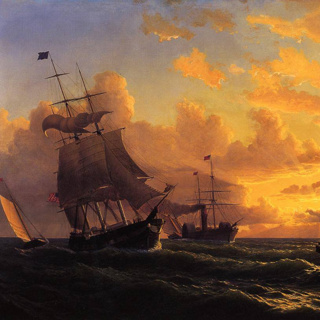
The Gay Science #17 (IV.289-298)
Embark, philosophers! Nietzsche hopes for the discovery of many new suns - many new suns - by the philosophical explorers of future ages. For what is needful is that man may learn to be satisfied with himself. Episode art: Fresh Breeze of Sandy Hook, 1860 by William Bradford
3 Sep 2h 8min

Untimely Reflections #37: PF Jung - Enlightened Centrism
PF Jung's channel: https://www.youtube.com/@PFJungIf politics is in some sense determined by our psychological temperament, then from an evolutionary standpoint, perhaps there is social value to both the left and right wing perspectives. And yet, centrism remains a dirty word in online discourse, connoting a type of establishment position that favors the status quo. Pf Jung joins me to discuss his philosophy of "radical enlightened centrism", which opposes the status quo while drawing on ideas from both fringes. Also, a correction: at one point in the conversation I claim that Australia has a mandatory civil service, but this is actually incorrect. I got this confused because of a conversation I recalled between myself, an Australian and a German, in which we talked about mandatory civil service (which Germany has) and mandatory voting (which Australia has), but Australia does not have mandatory civil service.
26 Aug 1h 27min
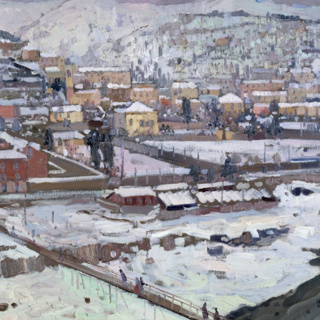
The Gay Science #16 (IV.276-288)
Continuing with The Gay Science, and beginning with book IV, "Sanctus Januarius". Here, we encounter some of the most famous aphorisms: For the New Year, Preparatory Men ("Live Dangerously!") and Excelsior. Exciting times!Episode art: View of Genoa under the Snow - Eugenio Olivari (1882-1917)
19 Aug 1h 56min
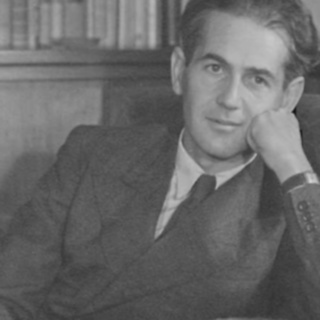
120: Erich Heller, The Disinherited Mind, pt 2 - Burckhardt, Nietzsche & History
The conclusion of our two-parter on Erich Heller, and the conclusion to season five! We discuss Nietzsche's friendship with Jacob Burckhardt, and how Burckhardt's view of history can inform our understanding of Nietzsche's divergence from him. We also consider Goethe's four ages of intellectual culture, and Nietzsche's echo of Goethe in his history of European nihilism, and how he comes to differ from Goethe, Schopenhauer and all his influences in his proclamations about history, in which the Overman shall transcend the cyclical, unchanging stagnation of human history by changing the nature of man himself. Finally, we consider what the hazard of modern poetry means for us in the present day, what each figure's answer to this divorce between symbol & real means, whether they succeeded or not, and what we can learn from them.
12 Aug 1h 44min
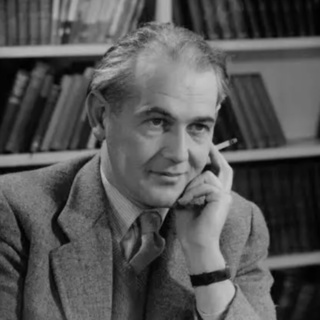
119: Erich Heller, The Disinherited Mind, pt 1 - Goethe, Schiller & The Symbol
Something happened to the human mind around the birth of modernity: the divorce of reality and the symbol. Once unified in eucharist, the symbolic and the real are now separate spheres of the human mind, and while it initially seemed that art and science might benefit by this separation, in the long run, both have ended up poorer thereby. In this episode, the two-part finale of season five, we will discuss Luther & Zwingli, and their dispute about the holy communion; Goethe & Schiller and their argument about the difference between the idea and the experience; and Goethe's avoidance of tragedy and what this says about the "hazard of modern poetry".
5 Aug 1h 39min

Q&A #12
Additional episode will release tomorrow. Erich Heller two-parter starts next week for the season finale!
29 Jul 2h 24min
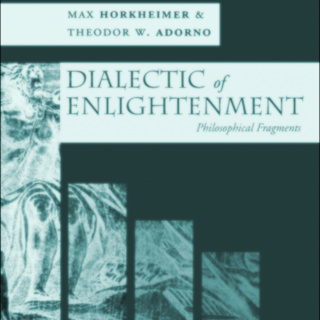
118: Max Horkheimer & Theodore Adorno - Dialectic of Enlightenment, Part 2
An exploration of the chapter on Homer's Odyssey and on De Sade's Juliette. How enlightenment and the rationality of domination is contained in the Odyssey, and how the self-undoing of enlightenment morality is contained in Juliette.
21 Jul 1h 47min
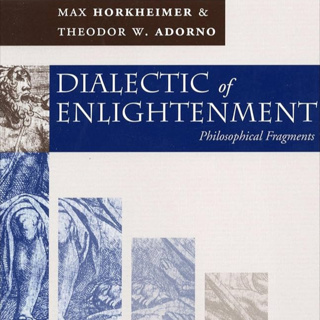
117: Max Horkheimer & Theodore Adorno - Dialectic of Enlightenment, Part 1
Foundations of Critical Theory, and an exploration of the chapters, "The Concept of Enlightenment", "The Culture Industry". We analyze how myth and enlightenment both contain one another, and why enlightenment negates itself. We explore what this means in concrete terms by examining the culture industry and how the apparent democratization of culture leads to its dissolution. Part one of two.
15 Jul 2h 3min





















